While every woman’s cycle is unique, Polycystic Ovary Syndrome (PCOS) is known to affect one in ten women. This hormonal imbalance resulting in cysts on the ovaries can trigger everything from acne and additional body hair to irregular periods and a difficulty getting pregnant. We’re sharing the below article from our friends at Chalkboard Mag* not as a prescriptive, but as hopefully a helpful point of view from someone who has seen the other side of a PCOS diagnosis. If symptoms sound familiar, check with your doctor to decide what’s best for you.
WOMEN’S HEALTH EXPERT Nicole Granato, has dealt with her fair share of health hurdles, including a common one amongst women — a PCOS diagnosis. Instead of submitting to a life of pills and invasive procedures, Nicole found her way back to wellness naturally, embracing holistic lifestyle shifts that ultimately freed her of PCOS.
Whether you’re dealing with a PCOS diagnosis yourself or simply looking for ways to feel, look and live better, Nicole is sharing a few essential daily habits that she picked up after her PCOS diagnosis which continue to keep her cyst free, symptom free and feeling incredible.
Nicole shares below:
Receiving my PCOS diagnosis when I was 22 was probably one of the hardest, yet most eye-opening, experiences for me. I realized how little care I gave to certain areas of my body until something was wrong. I didn’t want to have someone tell me that I could not get rid of this disorder that had developed in my body naturally – but they did anyway. I was told I needed medication, surgery and that I could do IVF when I wanted to have kids.
Well… I cleared my PCOS naturally and have never been so hormonally balanced – as well as cyst free – in my life! While going through years of this, I noticed there were a few things that are so necessary in your everyday life when dealing with PCOS or hormonal imbalances. Here are some things I continue to do in my life to keep my body strong, hormones balanced and skin glowing.
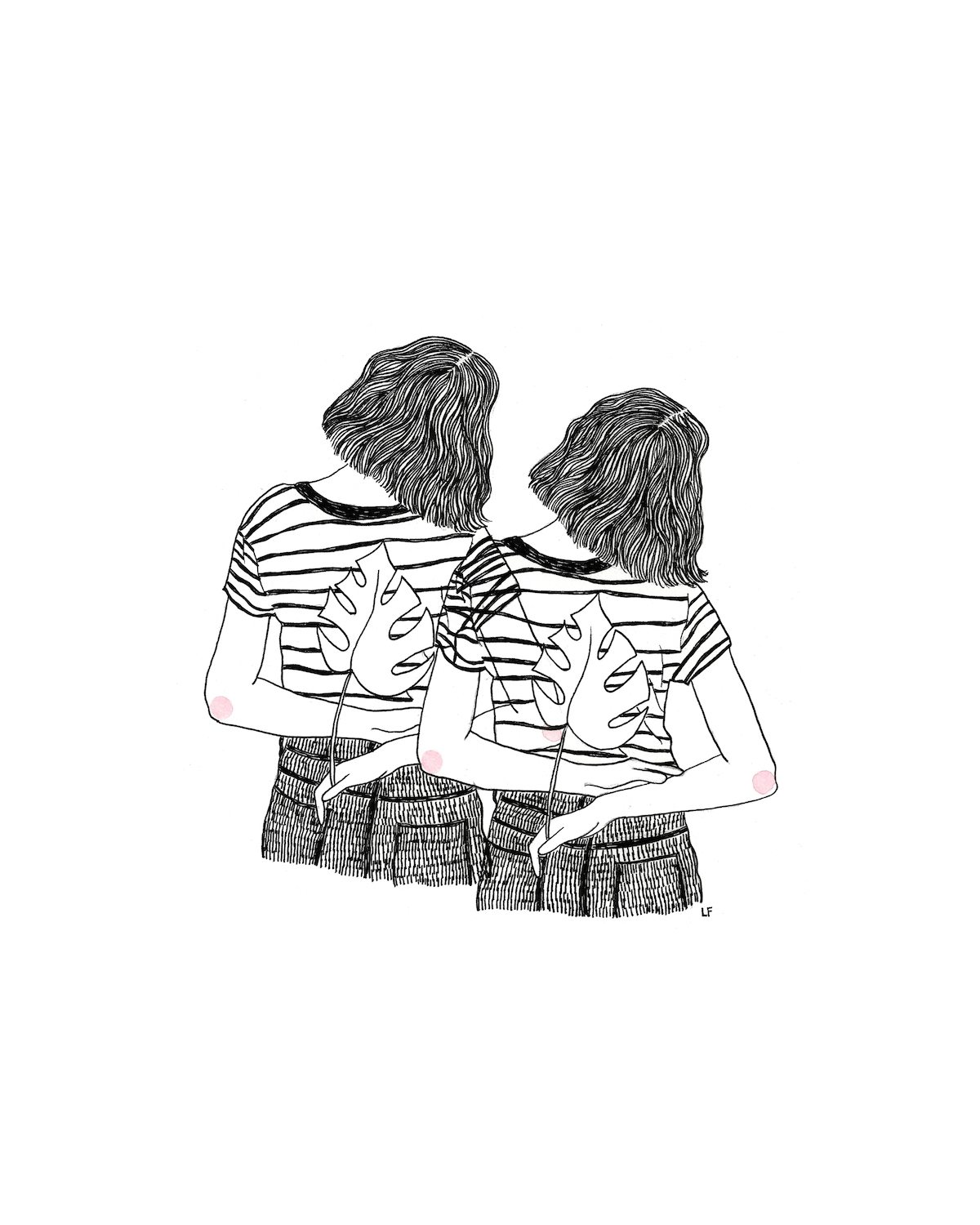
EAT A BALANCED DIET
There are so many diets out on the market and, to be honest, I have tried a fair amount of them. I hated all of them! What works for me and my clients is balance with food and cravings. This means if you desire to eat meat, do so but choose wisely, eat lots of plants, whole grains and healthy fats.
Use breakfast as your meal to pack in the nutrients but keep it light on your digestive system. Use lunch as your staple meal of the day with fats and protein. Use dinner for a more nourishing easy-to-digest meal. When you have balance in your food, you have balance in your body – and when you eat real foods and healthy fats it will all come together!
DRINK LOADS OF INFUSED WATER
I love drinking water infused with some superfood or nutrient. I fluctuate between ACV, chlorophyll, noni juice, aloe vera and sometimes pure cranberry. There are so many amazing nutrients that come from these superfoods that are easy for our bodies to intake when in liquid form! I usually do a tablespoon in a glass of room temperature water!
WALK (A LOT)
Walking has been known to be one of the best exercises you can do! For me it’s not only an exercise but a meditation as well. One of my main PCOS exercise suggestions for clients is low intensity. That means more walking, yoga, pilates and hiking, as opposed to weight training, heavy running and resistance training. Our goal is to heal our bodies and exercises that are high intensity will actually stress our bodies out!
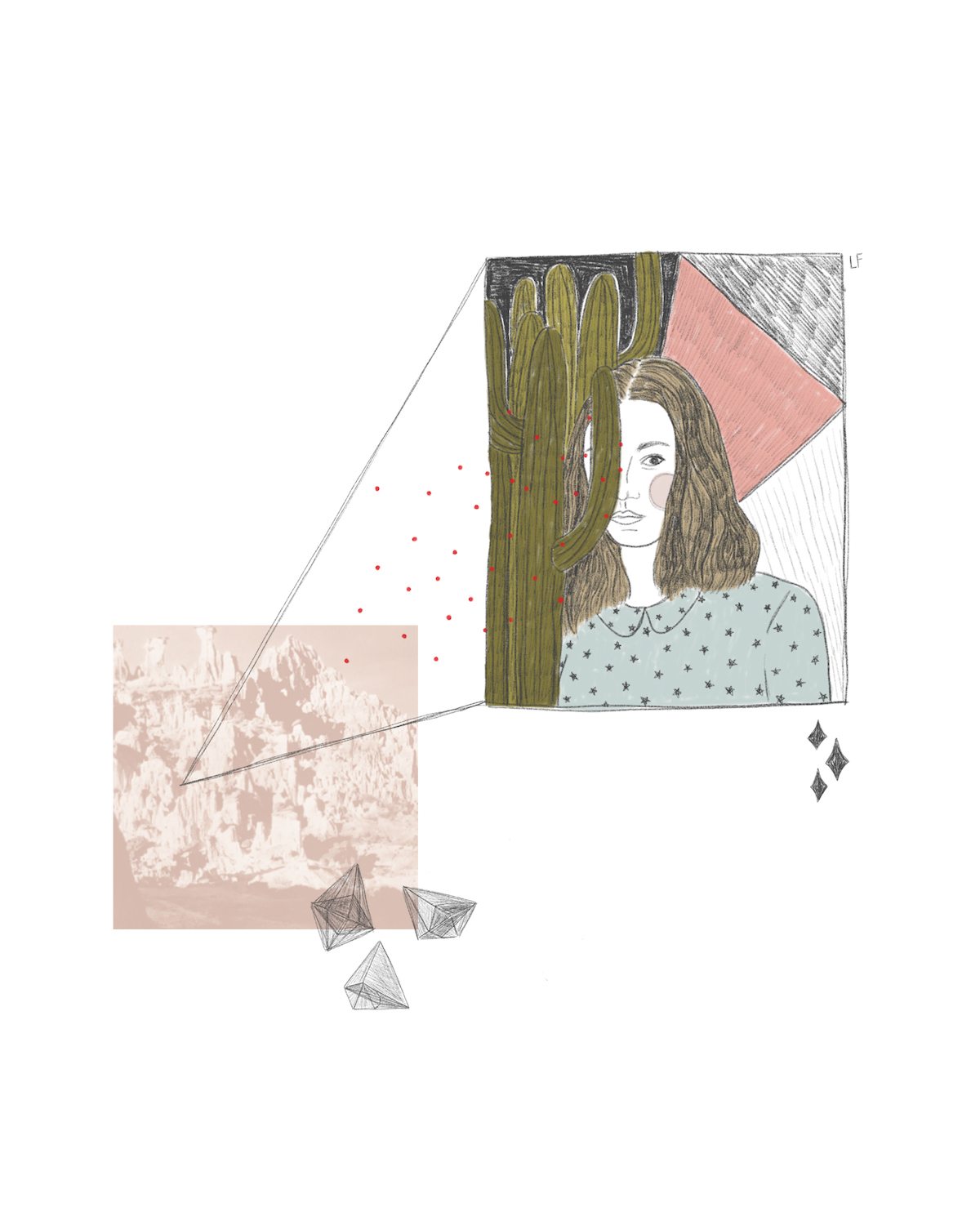
NOURISH YOURSELF WHEN YOU MENSTRUATE
A lot of us can get moody and frustrated when we get our periods. Remember, getting your period is a great thing! It means your body is doing what it’s supposed to be doing. The day you get your period, be extra kind to yourself. Take a bath, eat foods high in iron and magnesium and drink ginger tea with lemon and honey to get rid of major PMS. This is your time to pamper yourself and thank your body for doing exactly what it is meant to do!
SLEEP WELL
Sleep is so important when your body is healing. It’s also key for keeping your body strong and in warrior mode. Sleeping through the night can be hard for a lot of people. I suggest turning off any electronics or computers 30 minutes before bed and not drinking any water one hour before bed to avoid waking up in the night. I love putting lavender in my diffuser and opening a window to get fresh air and the calming scent of lavender flowing through my room.
* The Chalkboard Mag and its materials are not intended to treat, diagnose, cure or prevent any disease. All material on The Chalkboard Mag is provided for educational purposes only. Always seek the advice of your physician or another qualified healthcare provider for any questions you have regarding a medical condition, and before undertaking any diet, exercise or other health related program.
Have you been diagnosed with PCOS? What has your healing experience been like?
Illustrations via Laura Filas
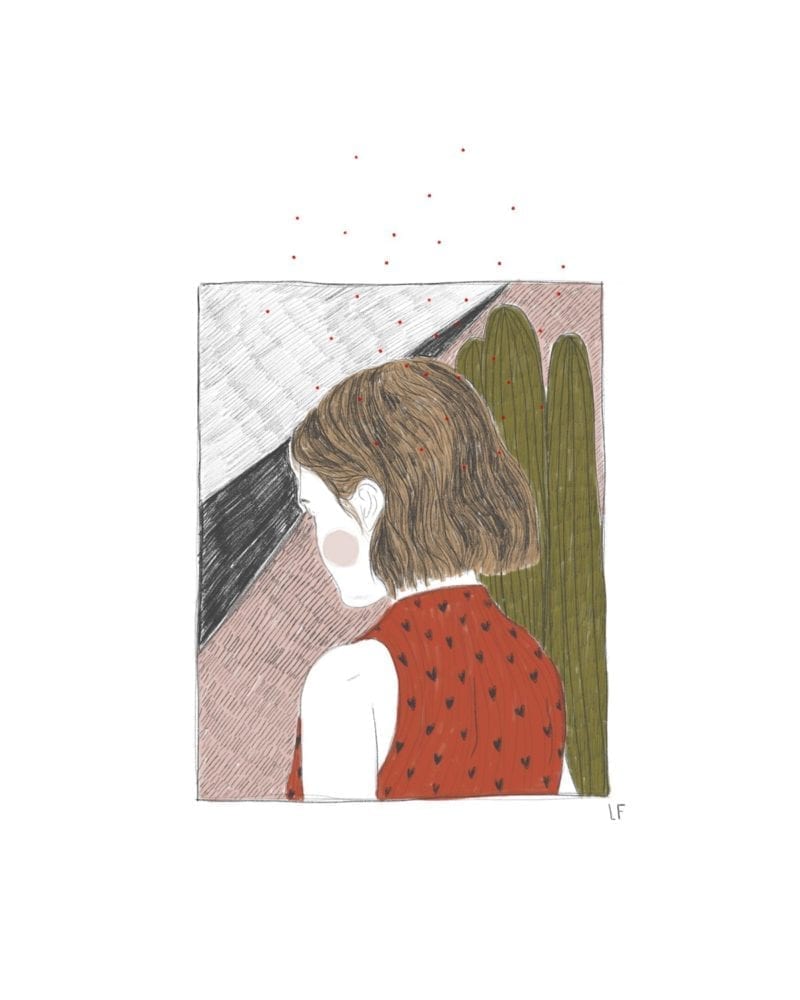
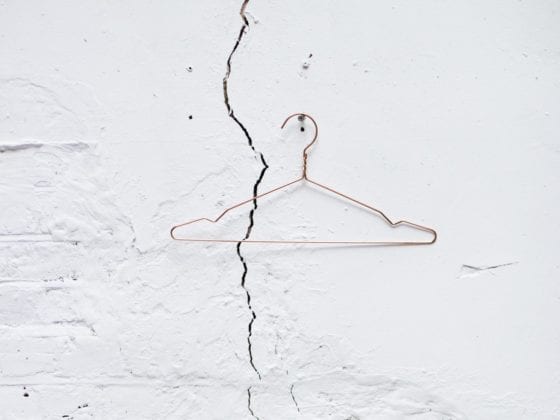

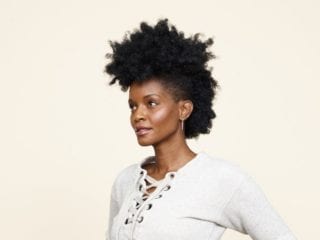


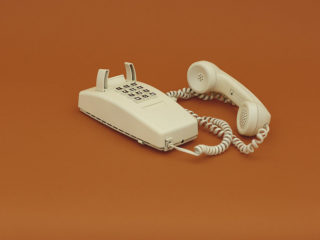
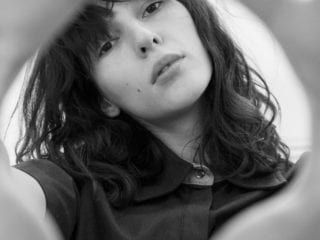



4 comments
My friend hired Nicole and her diet did nothing for my friends PCOS. She charged allot of money to give everyday common tips. Waste of money!
These are great natural suggestions, but I think they are a bit surface level and lack explanation. I also am recently diagnosed with PCOS. It’s important to note that my gyno assured me it isn’t a disease but simply a diagnosis of a description of symptoms caused by hormonal imbalance. She told me I need to eat a more balanced diet specifically more protein and less carbs. This sounded very familiar considering I’m a huge bread and pasta fan. She prescribed two kinds of birth control to balance my estrogen levels, lower my testosterone levels, and ultimately to correct my symptoms. Having never been on birth control in my life and knowing how differently women’s bodies can receive it, I decided to do some research first. I found a majority of PCOS diets recommended organic and gluten-free eating as a part of a balanced diet. But why organic and why gluten free? And why or my hormones in balance in the first place?
All of my research suggested one cause root cause: pesticide in our foods. Pesticides I just want example of endocrine disruptors that bind to and activate various hormone receptors and then mimic the natural hormones action. Just Google effects of hormone disruptor pesticides and you’ll find the medical research. I don’t think the average American realizes how heavily pesticides permeate our food supply. The world’s growing population puts a strain on farmers to produce more. Wheat is easy to produce but they use more pesticide to make more of their crops survive. They use more pesticide on everything in general like fruits and vegetables. The pesticides don’t break down even when the harvested food ends up in highly processed foods. That’s how this connects to my research and my doctor’s suggestion: reduce my unknowing consumption of pesticides. That would explain the organic diet, gluten-free diet, and my doctors more conventional suggestion of eating less carbs. What does this mean in practice? Know which grocery store products are more likely to have residual pesticide or artificial hormones (I’m talking about dairy and meats here). I’m slowly trying to buy more and more of my grocery list in organic. Don’t get me wrong, I’m a recent grad and buying organic is expensive. But think of it as an investment in your long term health. My approach is moderation. Any cutting back on the amount of pesticide I am consuming right now will only help me. That if I eat more organic at home, I can not worry about eating a “normal” meal when I’m dining out with friends here and there or traveling. Some days you’ll have a lot have a lot of choice in what you eat- so choose well- other you won’t have a choice, so the idea is to have an overall net effect of less pesticide exposure messing up your body’s hormones.
Really didn’t want to take the time to write all this but I think it’s important and want to help other people!
And sorry for all the typos! I was in a hurry!
I haven’t read an account of curing PCOS naturally until this – but how great. I always believe that a healthy lifestyle can contribute greater changes to your body than chemicals and medicines can. I loved the account and the illustrations!
–
Charmaine Ng | Architecture & Lifestyle Blog
http://charmainenyw.com